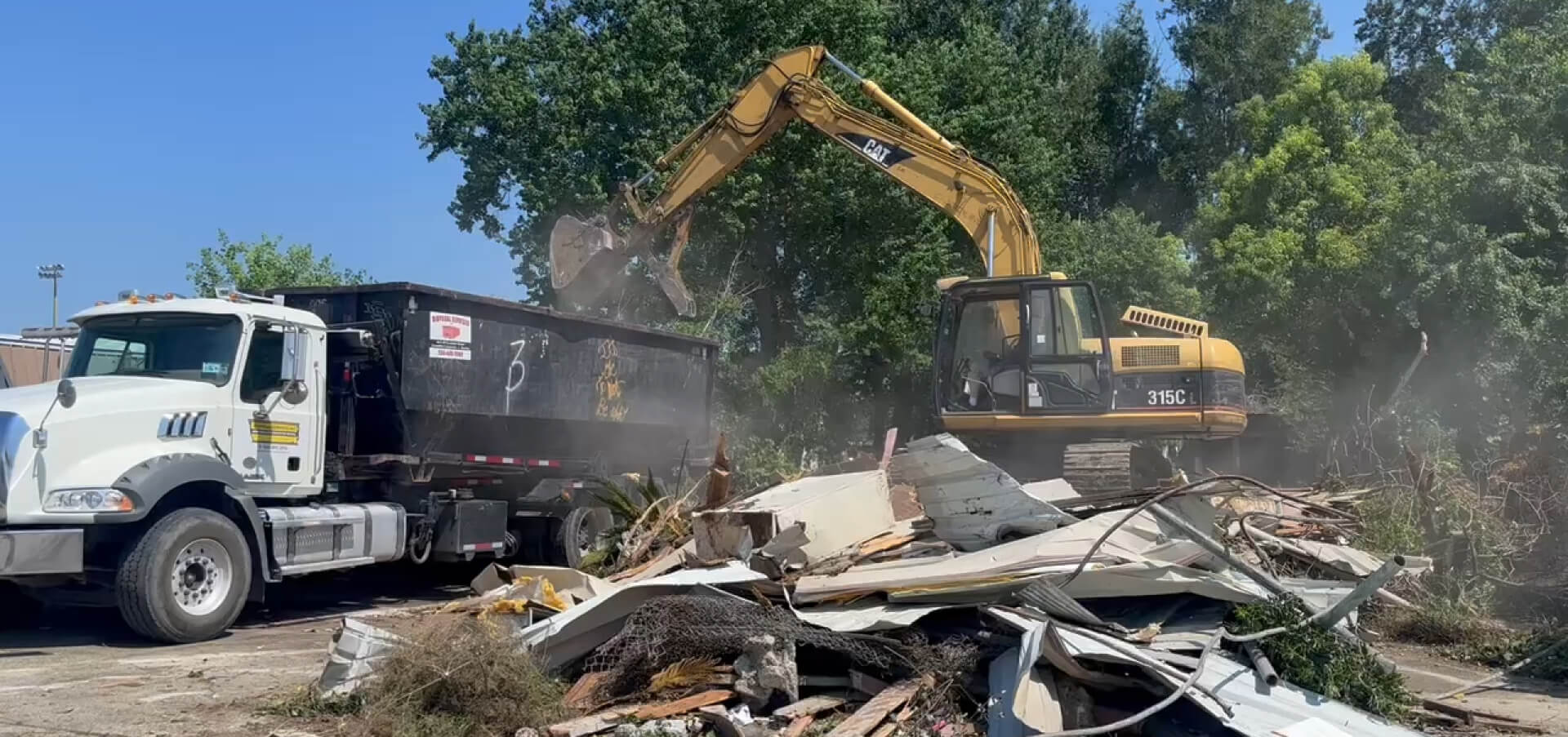
How Smart Disposal Services are Revolutionizing Recycling
Beyond the Bin: How Smart Disposal Services Are Revolutionizing Recycling
Ever stand in front of your trash and recycling bins, holding a greasy pizza box or a complex plastic toy, utterly confused about which one it belongs in? You’re not alone. In our quest to be more eco-conscious, the line between trash and treasure (or at least, recyclable material) can often feel blurry.
Fortunately, the world of waste management has evolved far beyond a simple weekly pickup. Modern disposal services in New Orleans are at the forefront of a sustainability revolution, offering smart solutions that make it easier for us to do our part for the planet. It’s not just about getting rid of waste; it’s about understanding where it goes and how it can be given a new life.
Let’s break down how these services work and how you can become a recycling pro.
The Modern Disposal Service: More Than Just a Truck
Gone are the days when your only interaction with waste disposal was dragging a can to the curb. Today’s leading disposal companies offer a suite of services designed for convenience and efficiency:
- Residential Pickup: The classic service, but frequently now with options for different bin sizes to match your household’s needs, reducing overflow and cost.
- Roll-Off Dumpster Rentals: Perfect for big projects like home renovations, major cleanouts, or construction debris. Having a central drop-off point streamlines the process and contains the mess.
- Junk Removal: For those items that are too big, too heavy, or too awkward for your regular bin—think old furniture, appliances, or exercise equipment. A professional crew comes to you, hauls it away, and handles the disposal responsibly.
- Specialized Recycling Programs: Many services now offer dedicated pickup for electronics (e-waste), hazardous household materials (paint, chemicals, batteries), and even organic waste for composting.

The Heart of It All: Why Recycling Matters Now More Than Ever
You’ve heard the “Reduce, Reuse, Recycle” mantra since childhood. But the “recycle” part is more critical than ever. Proper recycling:
- Conserves Natural Resources: Recycling paper and wood saves trees. Recycling plastics means extracting less new petroleum from the ground. Recycling metals reduces the need for destructive mining.
- Saves Energy: Making products from recycled materials almost always requires less energy than making them from virgin materials. For example, creating aluminum from recycled scrap uses 95% less energy!
- Protects Ecosystems and Wildlife: Diverting waste from landfills reduces habitat destruction, soil contamination, and water pollution from landfill runoff. It also reduces the plastic ending up in our oceans.
- Fights Climate Change: Recycling reduces the need for extracting, refining, and processing raw materials, all of which create significant air and water pollution. Less energy consumption means fewer greenhouse gas emissions.
Your At-Home Recycling Cheat Sheet
Knowing what to toss in the blue bin is the first step to making a difference. While rules can vary by municipality, here’s a general guide:
✅ DO Recycle:
- Clean Cardboard & Paper: Boxes, mail, newspapers, and magazines (remove any plastic packaging).
- Clean Plastic Bottles & Containers: Look for the recycling symbol #1 (PETE) and #2 (HDPE), like water bottles and milk jugs. Always rinse them out!
- Glass Bottles and Jars: Again, cleanliness is key.
- Clean Metal Cans: Aluminum cans, tin cans, and empty aerosol cans.
❌ DON’T Recycle (The “Wish-Cycling” No-Nos):
- Plastic Bags & Film: These tangle recycling machinery. Take them back to grocery store drop-off bins instead.
- Food-Soiled Items: Greasy pizza boxes, used paper plates, and food scraps contaminate whole batches of paper and cardboard.
- Styrofoam: It’s not economically recyclable in most curbside programs.
- Hazardous Waste: Batteries, chemicals, paint, and light bulbs require special handling. Check with your local disposal service for drop-off locations.
- Textiles: Don’t put old clothes in the bin. Donate wearable items and look for specific textile recycling programs for the rest.
Pro Tip: When in doubt, throw it out. Putting a non-recyclable item in the bin in the hopes it might be recycled (“wish-cycling”) can contaminate an entire truckload of otherwise good materials, sending it all to the landfill.
Partnering with a Pro for a Greener Home
Choosing the right disposal service is a powerful step toward a more sustainable lifestyle. Search for a company that is transparent about its processes. Do they partner with local recycling facilities? Do they prioritize diverting waste from landfills? A true partner in waste management will provide clear guidelines and offer services that make responsible disposal effortless for you.
By understanding the options and mastering the basics of recycling, we can all move beyond just taking out the trash. We can actively participate in a circular economy that values resources, protects our environment, and builds a cleaner future—one bin at a time.

